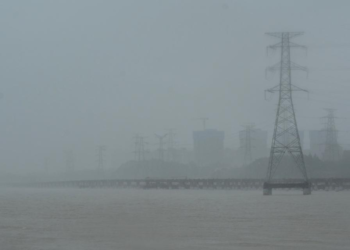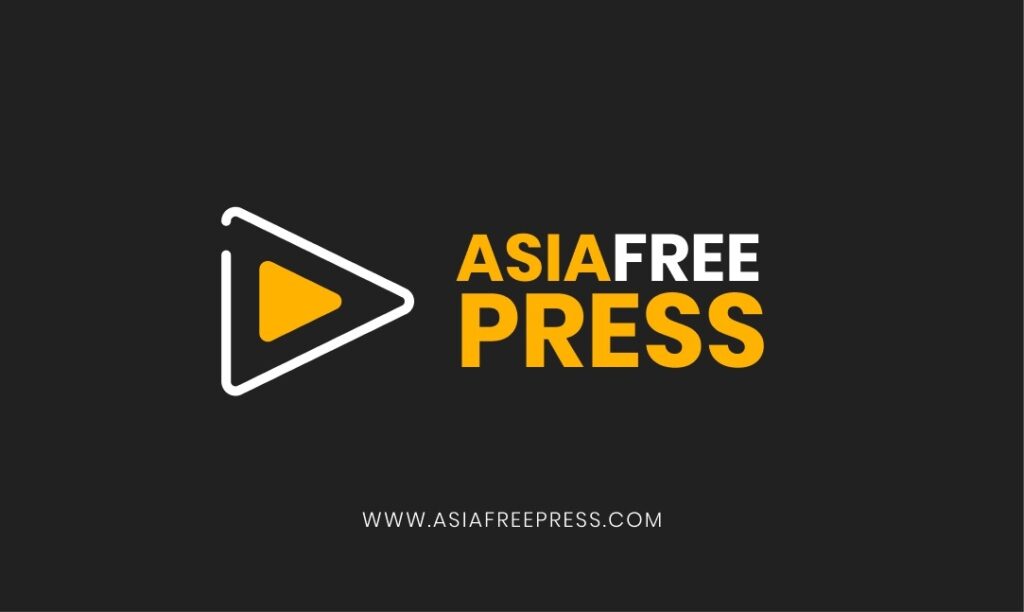LVIV, Ukraine, March 10 (Reuters): Russia’s war in Ukraine entered the third week on Thursday with none of its stated objectives reached, despite thousands of people killed, more than two million made refugees and thousands cowering in besieged cities under relentless bombardment.
The foreign ministers of Russia and Ukraine met on Thursday in Turkey, the highest level contact between the two countries since the war began on Feb. 24.
Ukraine’s Foreign Minister Dmytro Kuleba said on the eve of his talks with Russia’s Sergei Lavrov that his expectations were low. Russian negotiator Leonid Slutsky said Moscow “will not concede a single negotiating point”.
Previous talks have focused mainly on creating limited local ceasefires to reach civilians in besieged cities, especially Mariupol, a southern port where hundreds of thousands of people have been trapped with no access to water, medicine or food in conditions the Red Cross has called “apocalyptic”.
Deputy Prime Minister Iryna Vereshchuk said Ukraine would try to open seven humanitarian corridors on Thursday, including another attempt to reach Mariupol. Daily missions to rescue civilians there have failed since Saturday.
Moscow’s stated objectives of crushing Ukraine’s military and removing its leaders remained out of reach, with Zelenskiy unshaken and Western military aid pouring across the Polish and Romanian borders.
Russian forces have advanced in the south but have yet to capture a single city in the north or east. Western countries have said they believe a planned lightning strike on Kyiv failed in the early days of the war, and Moscow has instead turned to tactics that involve far more destructive assaults.
The UK Defence Ministry said on Thursday that a large Russian column northwest of Kyiv had made little progress in over a week and was suffering continued losses. It added that as casualties mount, Russian President Vladimir Putin would have to draw from across the armed forces to replace the losses.
Putin has said the advance by his forces in Ukraine was going according to plan and to schedule. Russia calls its incursion a “special operation” to disarm its neighbour and dislodge leaders it calls “neo-Nazis”.
Western-led sanctions designed to cut the Russian economy and government from international financial markets have bit hard, with the rouble plunging and ordinary Russians rushing to hoard cash.




















